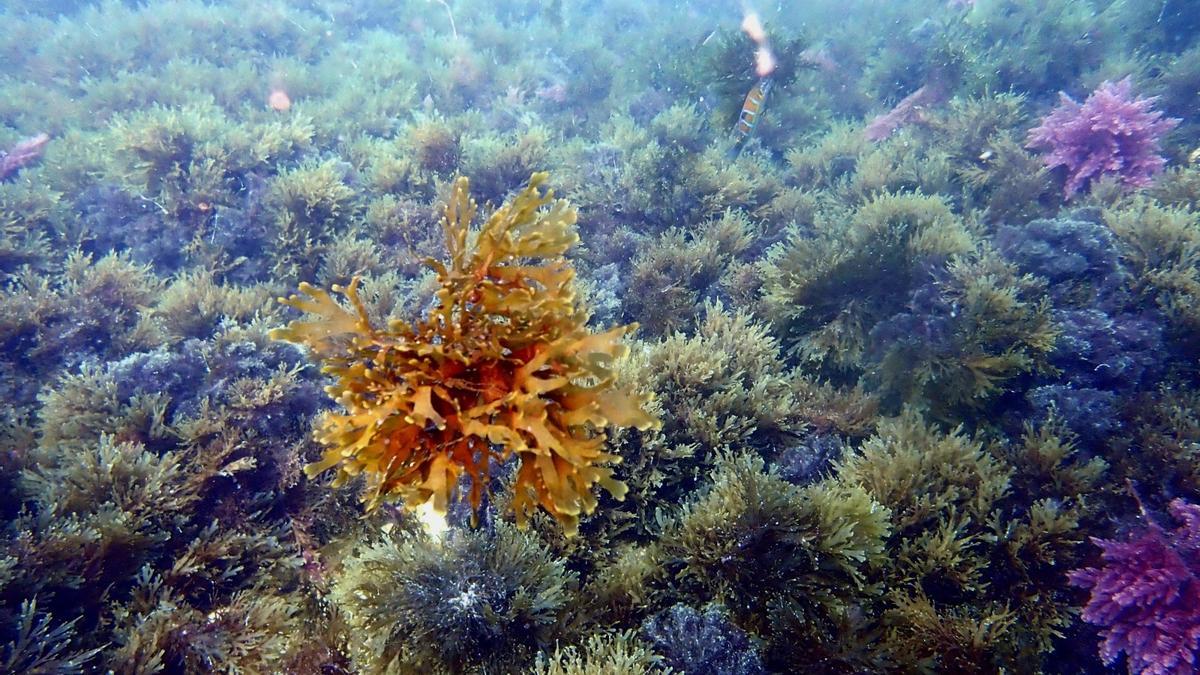When a tropical marine sponge is exposed to warmer temperaturesit loses an important microbe, which could explain why the sponge’s tissue dies.
The study, published in ISME Communications by researchers from UNSW (University of New South Wales), has revealed that by exposing marine sponges to a temperature rise of 3 °C, an essential microbe leaves the sponge, potentially causing tissue poisoning.
climate change
Research has added a important piece to the puzzle on the impact of climate change in sponge populations around the world. «We have already seen that the Marine heat waves kill sponges in the Mediterranean and emerge to sponges in New Zealand,» says Dr. Emmanuelle Botte, lead author of the study, in a statement.
«We are seeing that some species of sponges are not as resistant to climate change as we thought at first. This research reveals that the breakdown of the symbiosis between the host and its microbes could create a chemical imbalance in the sponge and cause their empowerment,» he added.
Fragile in the face of climate change
Sea sponges, ancient sea-dwelling creatures, are often mistaken for plants, but they are stationary animals and, in fact, they are some of the oldest on Earth.
Related news
«The sponges date back 545 million years«, says Botte. «They live in symbiosis with microbes, which perform vital functions for the sponge: they recycle nutrients, produce energy and defend the sponge predators and diseases. Some microbes even detoxify the body of the sponge. They’re a bit like the liver and kidneys of the sponge.»
This essential relationship between sponges and microbes is well documented. And research has also shown that some species of sponges and their associated microbes are particularly vulnerable to warmer water temperatures.

